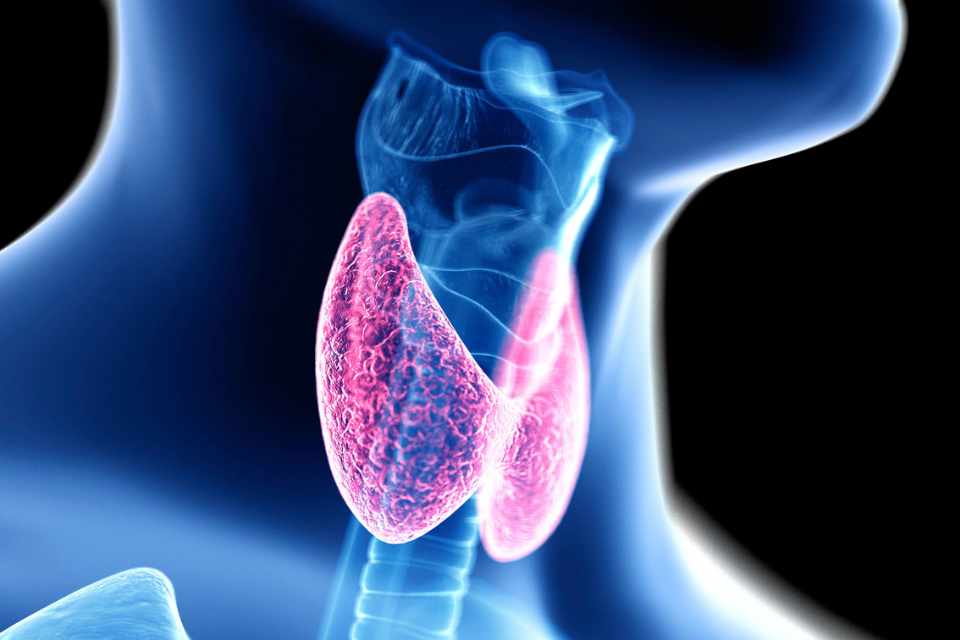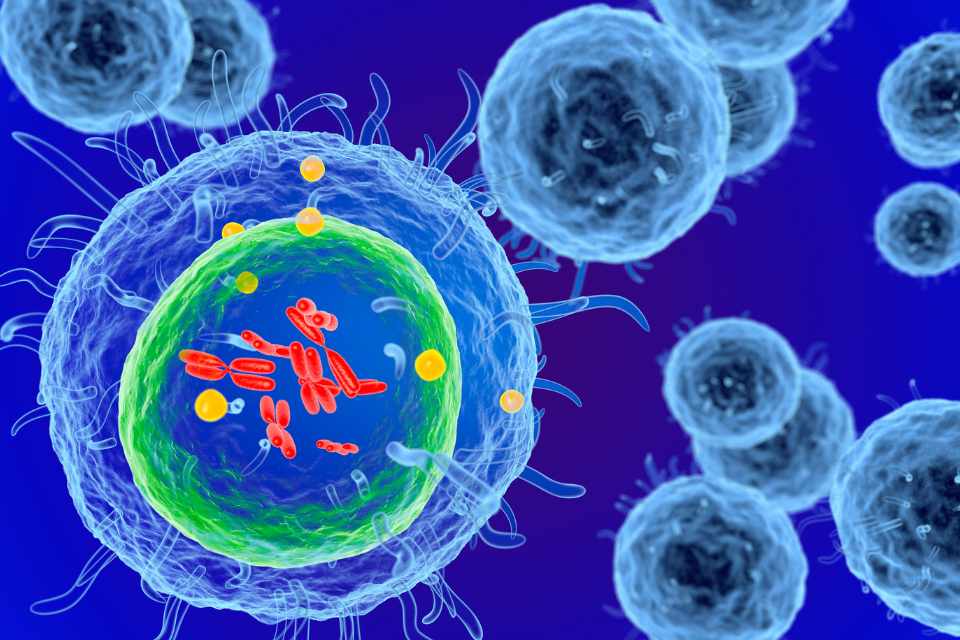Our immune system is meant to protect us from disease. But it can also damage our own cells and tissues. This is what happens in autoimmune disease. But why would our own immune system turn against us? And what can we do about it, if anything?
How a healthy immune system works
A healthy immune system protects us in several ways. We have barriers that keep out dangerous substances. For those substances that get through, we have specialised cells that can tackle them in other ways.
Being able to recognise substances is an important part of this process. More importantly, being able to recognise the difference between self and non-self. In autoimmune disease, the immune system recognises self-tissues as foreign and destroys them.
See What is autoimmune disease?
There are dozens of autoimmune diseases, including type 1 diabetes, rheumatoid arthritis and Hashimoto’s thyroiditis. In each case, the immune system has the capacity to damage tissue in a part of the body. Sometimes doctors compensate for symptoms that may arise due to tissue destruction. For example, people with type 1 diabetes need insulin because their immune system destroyed their own insulin-producing cells.
Why does the immune system attack its own body?
The immune system is very complex. With many checks and balances. It’s quite surprising to me that it does not go wrong more often. In many cases, there is an underlying chronic infection or chronic inflammation that promotes the development of autoimmunity. Immune cells receive a signal that there is a potentially harmful substance and go into attack mode. But by mistake, the immune system identifies the body’s own cells as foreign or harmful and destroys them.
Being vulnerable to certain autoimmune diseases can run in families. Genetic testing may identify whether a person is at risk for developing a certain autoimmune disease, such as coeliac disease. However, just because you may have the gene does not mean that you will develop the disease. This is where a healthy diet and lifestyle can play a role in the prevention of autoimmune disease. Since the interaction between these lifestyle factors and a person’s genes can be what triggers off their autoimmune process that eventually may lead to disease diagnosis.
Can we cure autoimmune disease?
One thing is for sure, once an autoimmune process has started we can not say that it can be cured. This is because the immune system has recognised some part of the body as foreign or harmful and has created antibodies to it. But what we do know is that autoimmune disease may sometimes be suppressed or put into a dormant state. Meaning that the immune system is not actively attacking the body’s cells. This can also be called remission. Extending the periods of remission should be the goal in someone with autoimmune disease to limit the destruction that can be caused, and keeping symptoms and flares of the autoimmunity to a minimum.








0 Comments